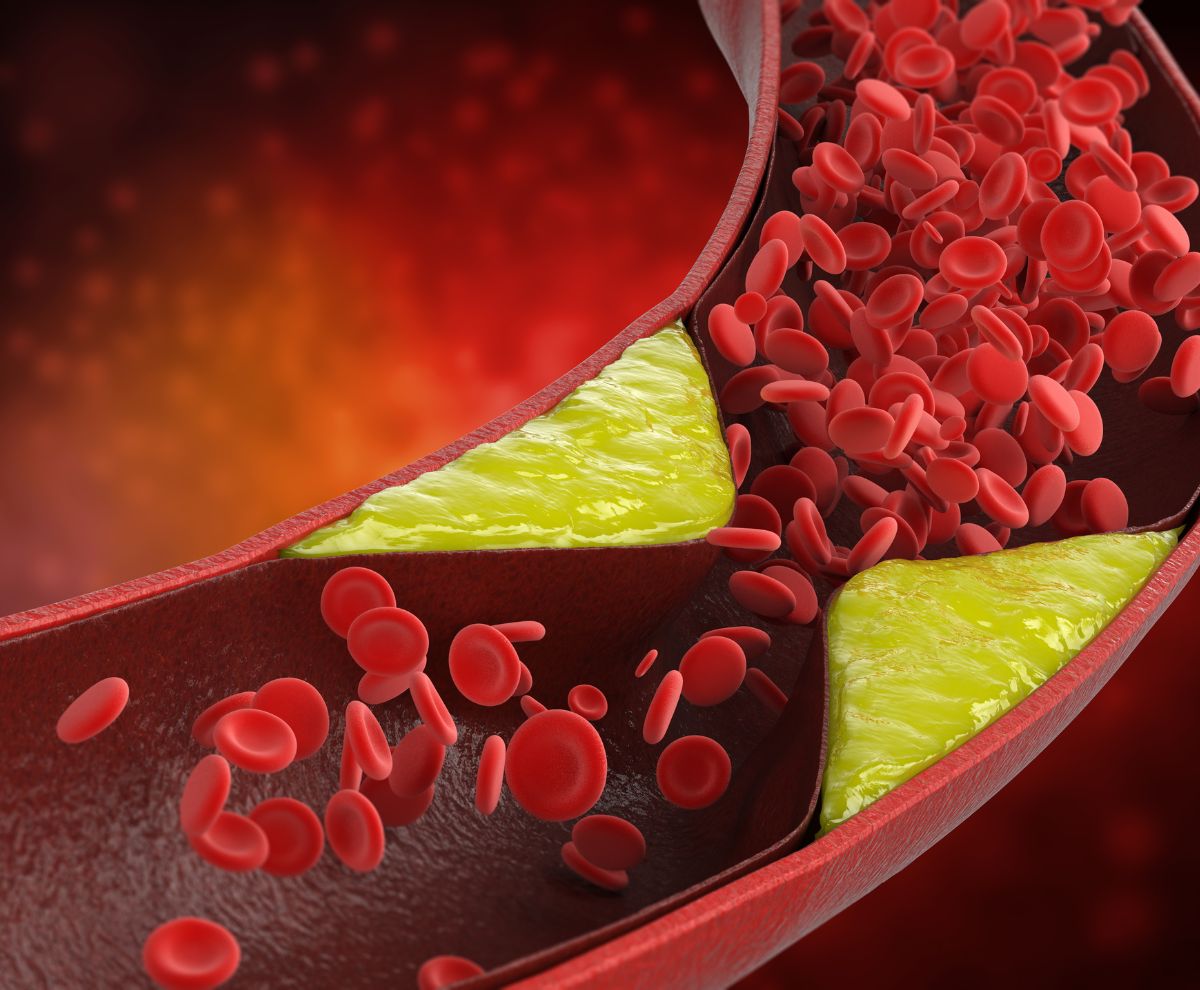If you have familial hypercholesterolemia, a genetic condition that causes high cholesterol levels, you might wonder what type of diet is best for you.
The standard recommendation from medical professionals is to reduce cholesterol and saturated fats.
However, recent research suggests that this may not be the best approach.
In this article, we summarize a fascinating research paper that challenges the conventional dietary guidelines for this condition.

Outdated and Unsupported Information
The dietary guidelines for managing coronary disease in familial hypercholesterolemia are based on outdated and unsupported information. There is no evidence to support the recommendations of consuming a low-saturated fat or low-cholesterol diet. In fact, the evidence suggests that lowering cholesterol and saturated fats may not improve outcomes for individuals with this genetic cholesterol problem.
Risk of Heart Attack
Despite recommendations to lower saturated fats and cholesterol, individuals with genetic cholesterol problems still have a significant increased risk of dying from a heart attack. This is because there are other risk factors at play, such as obesity, high blood pressure, coronary artery calcification, insulin resistance, inflammation, and high triglycerides. These factors are more important than just trying to lower cholesterol.
Low-Carb Diet Improves Biomarkers
A low-carbohydrate diet has been found to significantly improve cardiovascular disease biomarkers. This includes indicators such as obesity, high blood pressure, coronary artery calcification test, insulin resistance, inflammation, and high triglycerides. Furthermore, a study found that a low-carb diet was more effective than a low-fat diet in reducing the risk of heart attack, despite the low-carb group consuming three times more saturated fat.
LDL Particle Size
An advanced lipid profile test can determine the size of LDL particles in your blood. Small dense LDL particles can lodge into the inside of the artery and create a problem. A high-carbohydrate diet is associated with small dense LDL particles. On the other hand, a low-carbohydrate diet is associated with large buoyant LDL particles, which are less problematic.
Clinical Trials Needed
There is sufficient rationale for conducting clinical trials to assess the effects of a low-carb diet on individuals with insulin resistance and familial hypercholesterolemia. This could help get the entire medical profession on board with this alternative viewpoint. Until then, it is important to test things out yourself and see what works best for you.
Focus on Lowering Carbohydrates
Instead of focusing on lowering saturated fats and cholesterol, it may be more beneficial to focus on lowering carbohydrates. This may be difficult for some individuals, as they may replace fats and cholesterol with more carbs. However, a healthy version of the ketogenic diet, along with intermittent fasting, can help manage the risk factors associated with familial hypercholesterolemia, such as heart problems.
Conclusion
If you have familial hypercholesterolemia, it is important to focus on managing the other risk factors associated with the condition. While lowering cholesterol and saturated fats may be recommended, recent research suggests that lowering carbohydrates may be more beneficial. As with any dietary change, it is important to speak with your doctor and test things out yourself to see what works best for you.
DATA:
Low Carbohydrate Diet May Help in Familial Hypercholesterolemia (diabetesincontrol.com)











